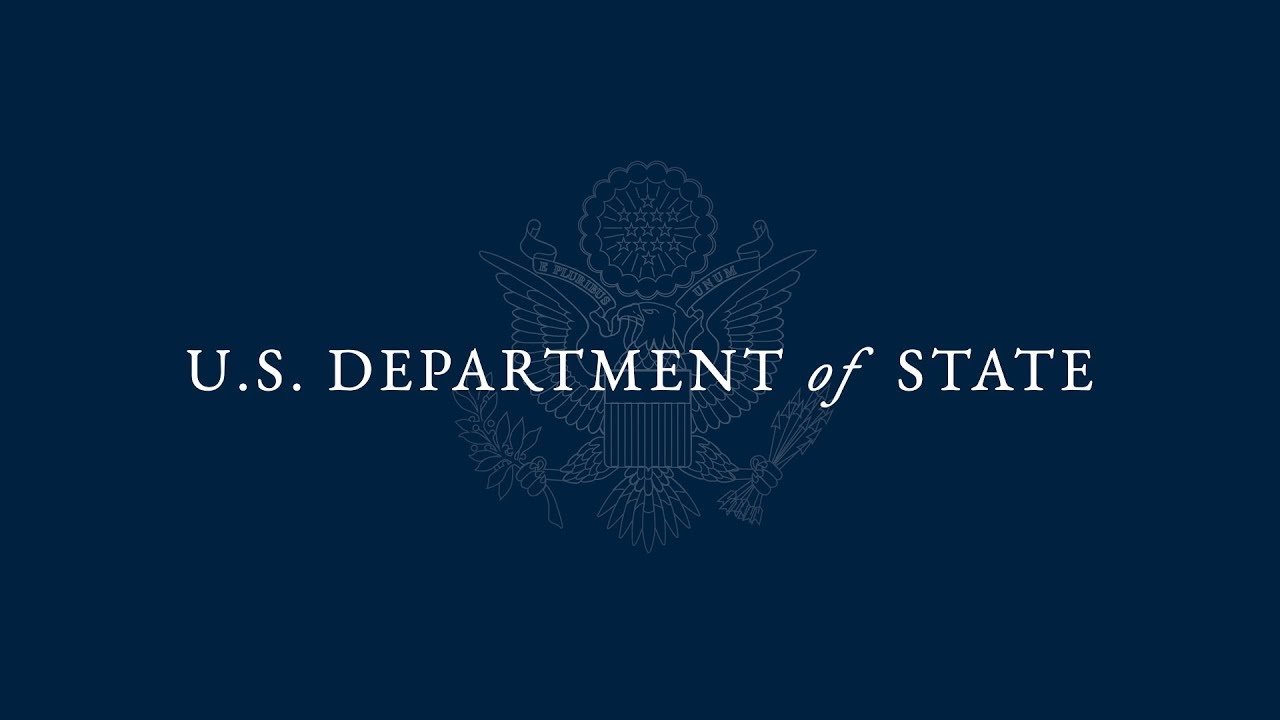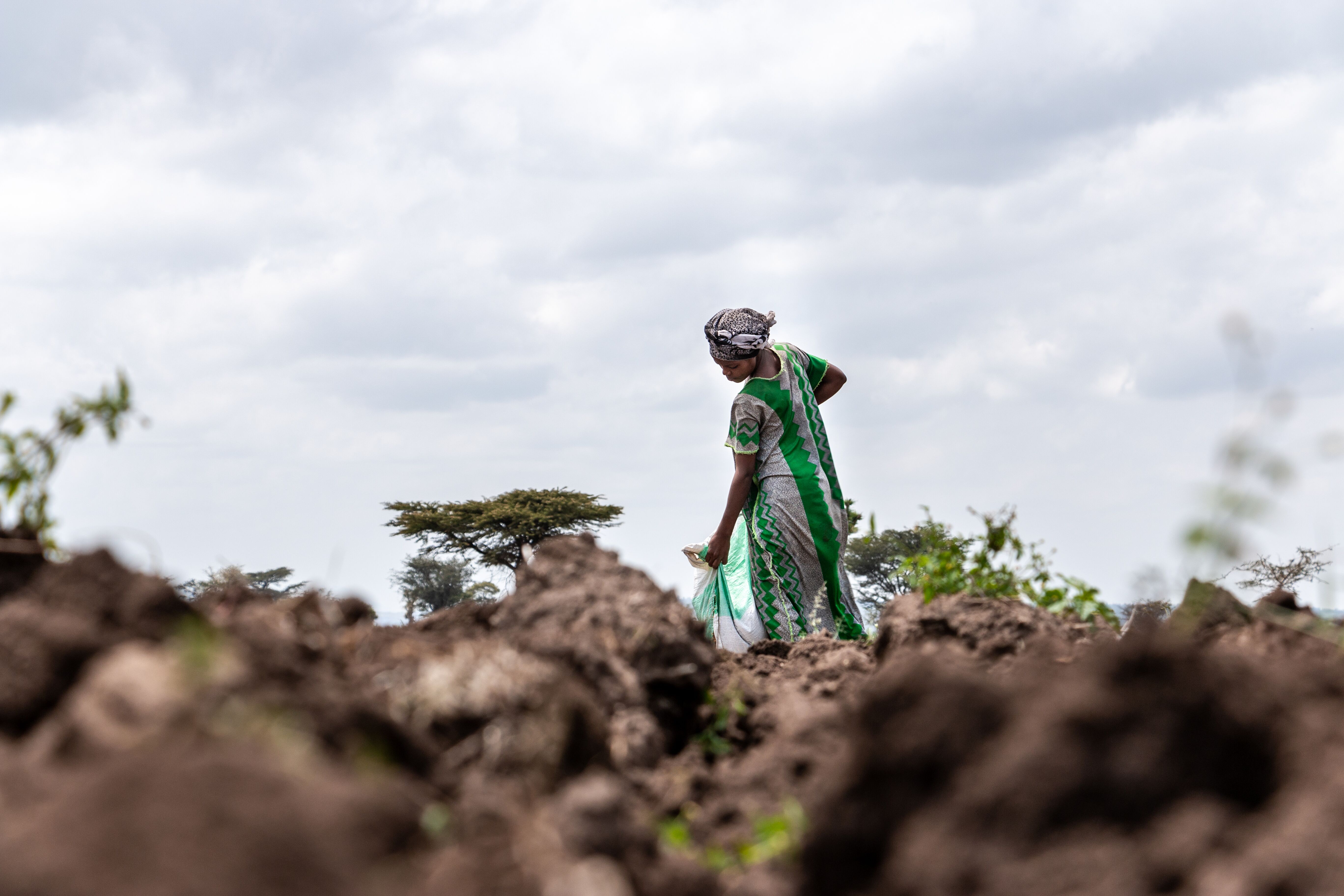At the 2023 Dryland Legumes and Cereals Review and Planning Meeting, Bram Govaerts, Director General of the International Maize and Wheat Improvement Center (CIMMYT), explained why African smallholder farmer families are most impacted by food shortages and high food prices.
“The world is in the middle of a food crisis, driven by the supply chain disruptions during and post-Covid, climate change with increased storms, temperatures, and drought, and the Russia-Ukraine crisis, leading to a shortage of fertilizers for food crop production, which have all led to the high cost of food,” said Govaerts, highlighting that smallholders are dealing with multiple challenges at once.
He continued by describing how the aforementioned challenges to food security are worsening poverty for vulnerable people in Africa, especially smallholder farmers.
However, harnessing the continent’s potential for food production could help to alleviate poverty and food insecurity. Govaerts cited examples of where smallholder farmers have returned to producing nutritious indigenous crops such as millet, sorghum, guinea corn, groundnut, cowpeas and chickpeas, which are reaping tremendous results.
Through investments in crops, farming practices, and agricultural technologies, the potential for food production in Africa can have a huge impact on hunger and poverty.
Read the original article: African smallholder farmers hit hard by global food shortage: expert

 Nutrition, health and food security
Nutrition, health and food security 
